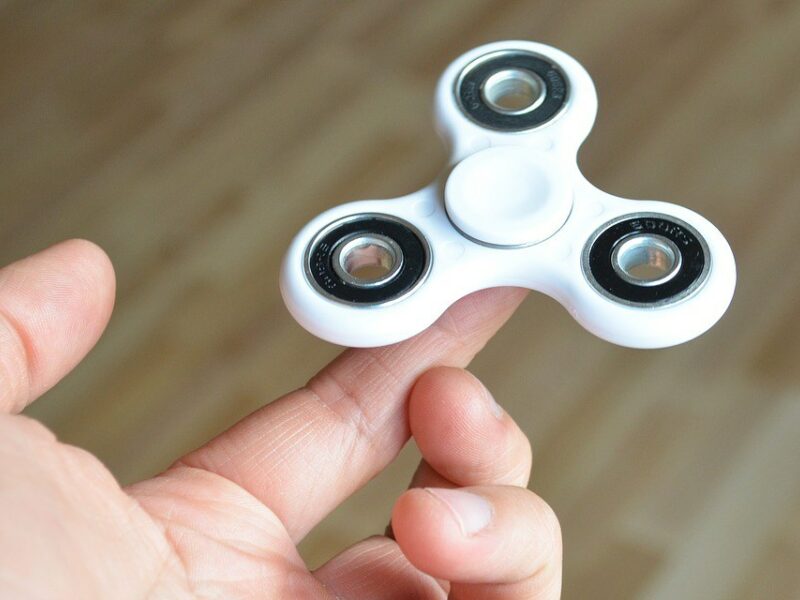ADHD: A Difference in the Brain


October is Attention Deficit Hyperactivity Disorder (ADHD) awareness month, so this is a good time to learn more about ADHD to promote understanding and kindness.
What is it like to have ADHD?
The most well-known symptoms of ADHD come from the name: someone who has trouble paying attention or has too much energy. However, different people experience different combinations of symptoms and not everyone with ADHD displays both these symptoms. Some other typical symptoms include:
- Interrupting and difficulty listening
- Doing the first thing that comes to mind (i.e., being impulsive)
- Trouble staying organized and paying attention to detail
- Being forgetful and losing things
- Fidgeting and needing to move around
- Trouble starting, staying focused on and finishing tasks
- Problems regulating emotions (e.g., difficulty staying calm)
While it can be easy to judge someone with ADHD, it is important to understand that often the individual is doing the best he or she can to manage their behaviours. A leading theory of ADHD indicates that the parts of the brain involved in self-control are not active enough for the person to regulate their behaviours and emotions as they might like to. Thinking about ADHD as a brain difference can help us avoid judgements and be more kind, patient, and accommodating as children work on their self-control.
Another way to look at it is that we only have so much energy to devote to controlling ourselves. Children and adults with ADHD have a much smaller “tank” of that energy than people without ADHD. So it is not uncommon for a child to use up all that energy keeping it together at school, only to run out of that energy and lose control when they get home. In fact, people with more severe ADHD might even start the day off with an empty tank. Good self-care such as taking breaks, getting more exercise, getting enough sleep, and eating nutritious foods, can all help refill that energy tank.
Does your child have ADHD?
A diagnosis of ADHD depends on having more symptoms than we would expect for someone’s age, and these symptoms are causing distress or disruption in the person’s life. Physicians and psychologists are the clinical practitioners who can diagnose ADHD. Physicians typically have shorter, more focused assessments that are often covered by OHIP, and can prescribe medications. Psychologists offer longer assessments that look at ADHD symptoms as well as broader psychological functioning including learning, social and emotional development, and other areas depending on the goals of the assessment. They are sometimes covered by employer benefit plans but can be costly if paid for out-of-pocket. While psychologists can’t prescribe medication, they can refer you to a physician if medication is appropriate.
My next post will offer some strategies for managing ADHD.
Instagram Feed
"Watching a family access shelter and continuously being denied on their housing rental applications is difficult. However, the look on their faces and the joy they share upon securing housing is an amazing feeling. I am grateful to be part of a team that supports at-risk families."












